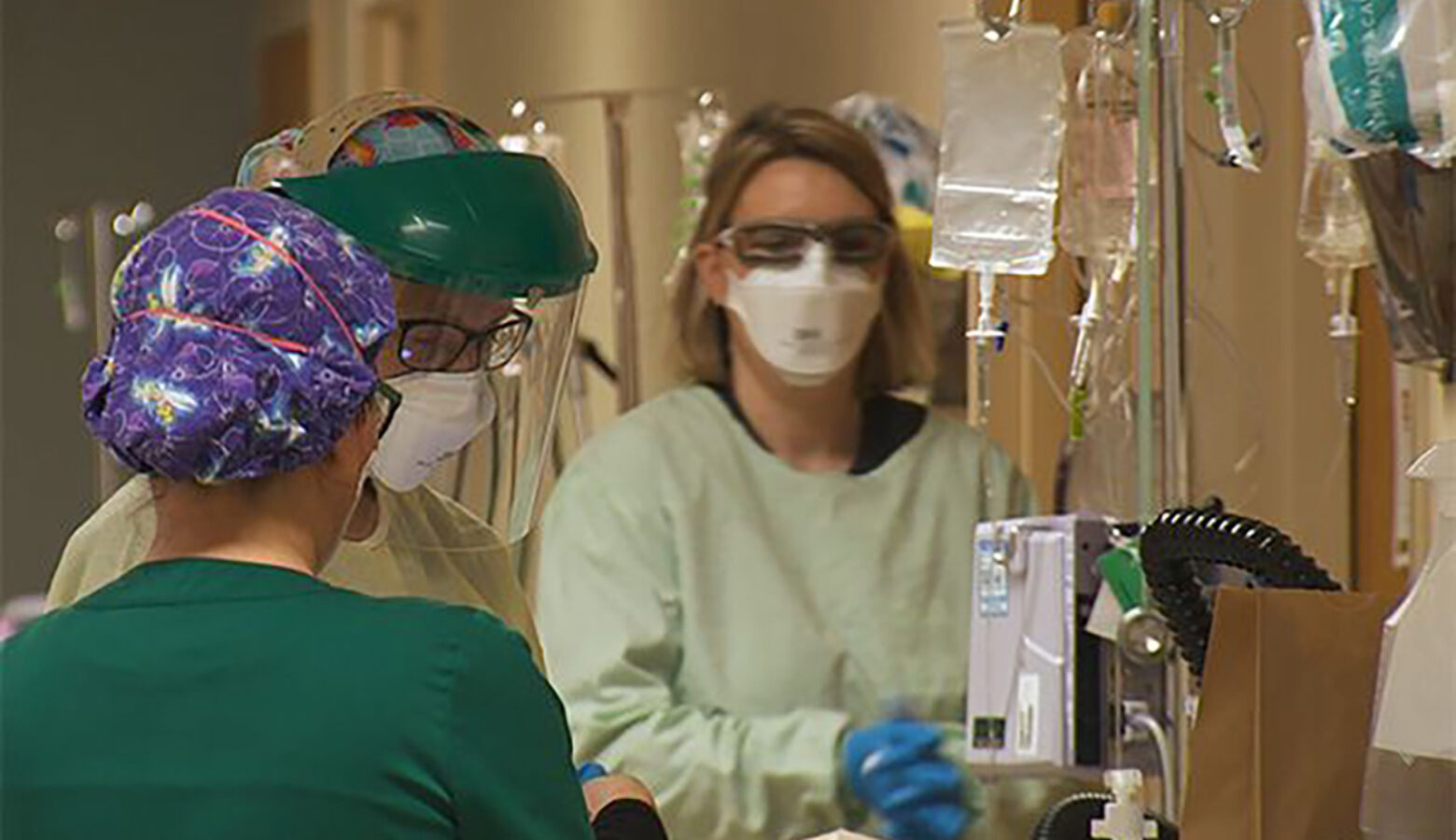Rural Indiana needs health workers. Council considers tax credit for providers who act as mentors

Indiana’s health workforce faces a number of challenges, including recruiting and retaining rural providers. One solution under consideration is a tax credit for providers who act as mentors.
Some providers, such as nurses and physician assistants, are required to gain on-the-job training by working with a current provider in what’s called a preceptorship. Indiana’s Health Workforce Council is considering whether a tax credit for preceptors could strengthen the state’s training capacity.
Some members of the council want to tailor the program to encourage more rural preceptorships.
State Health Commissioner Dr. Lindsay Weaver said the council first considered the preceptor tax credit to address the lack of training opportunities in rural parts of Indiana.
“Going at it from a different perspective and saying our goal is acknowledging that these opportunities need to be made available to our residents so they can get that rural experience,” Weaver said. “And I think that will also help with recruitment.”
Join the conversation and sign up for the Indiana Two-Way. Text “Indiana” to 765-275-1120. Your comments and questions in response to our weekly text help us find the answers you need on statewide issues.
Hannah Maxey directs Indiana University’s Bowen Center for Health Workforce Research and Policy. She said the state would need to establish what it wants to see out of the program, such as retaining preceptors or recruiting new ones.
“It is critically important for states that are developing tax credit programs to clearly define the program, goals and metrics before and prior to developing it,” Maxey.
Maxey said that states with this program found it worked more as a retention tool for clinical preceptors than as a recruitment tool. She also said if Indiana decided to pursue this option, it would need to determine how it will handle the cost.
“Tax credits are not budget neutral,” Maxey said. “There is a need for identifying the funding source for the tax credit program.”
The council will make its final recommendations next year.
Abigail is our health reporter. Contact them at aruhman@wboi.org.


